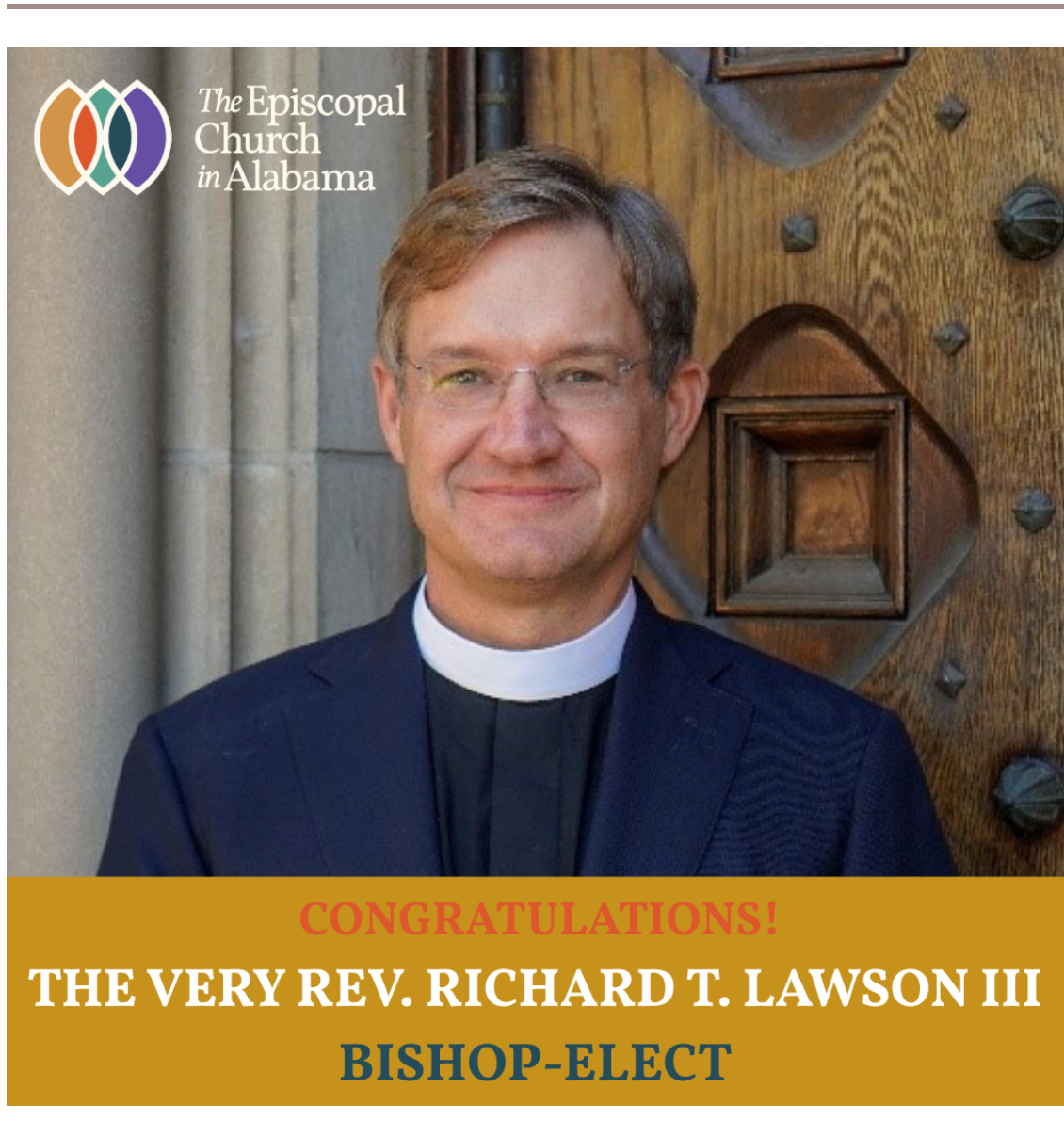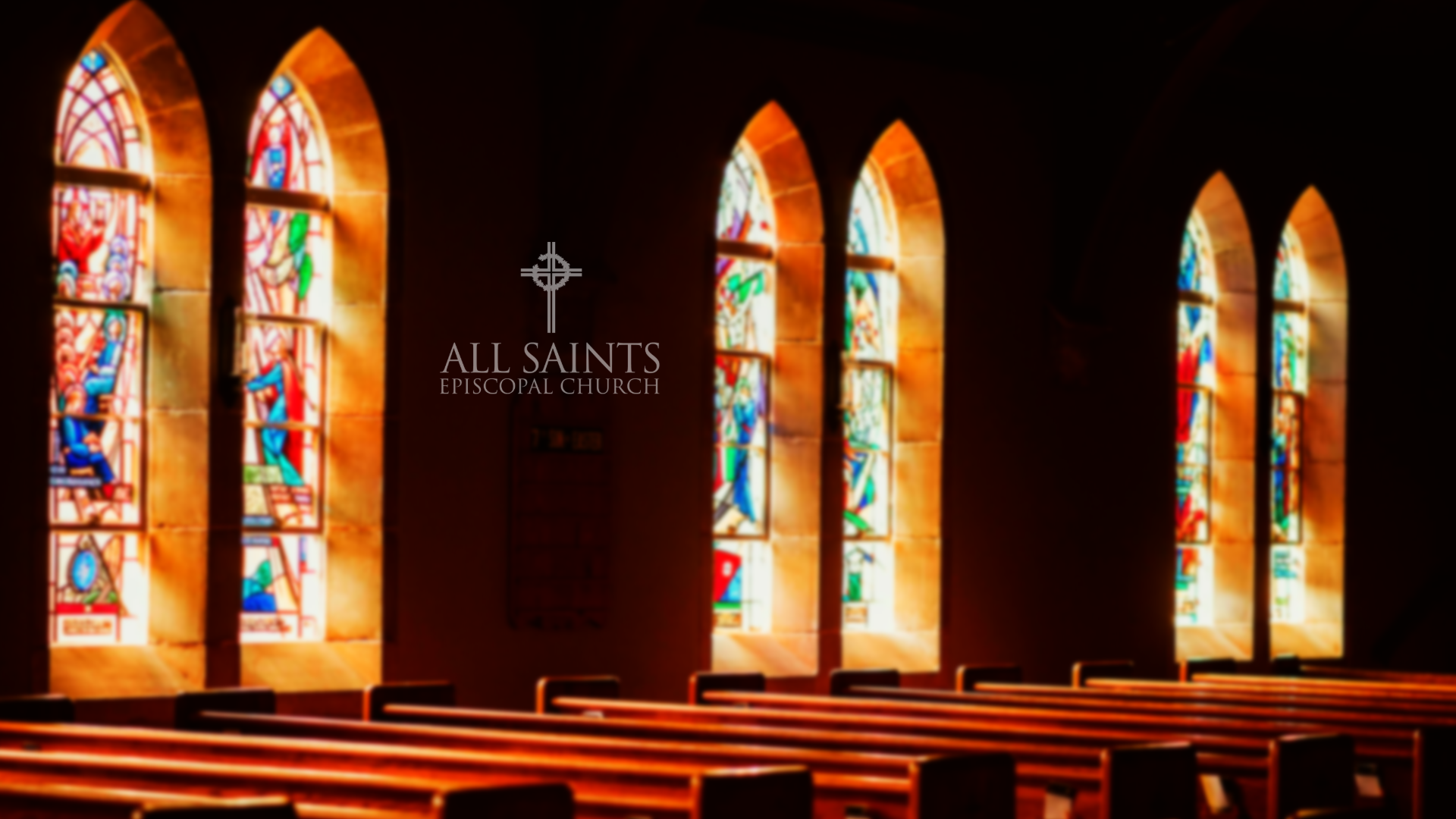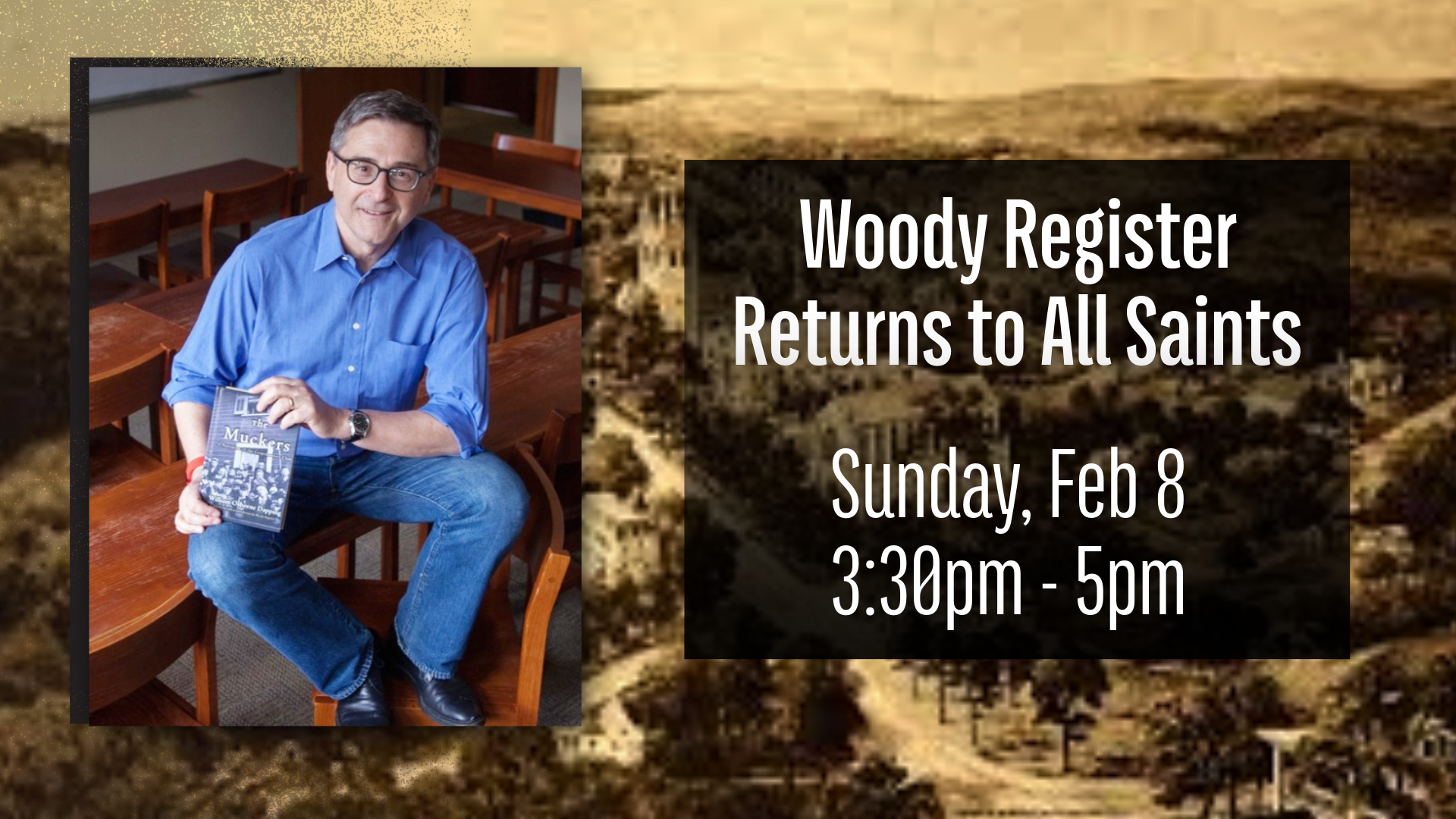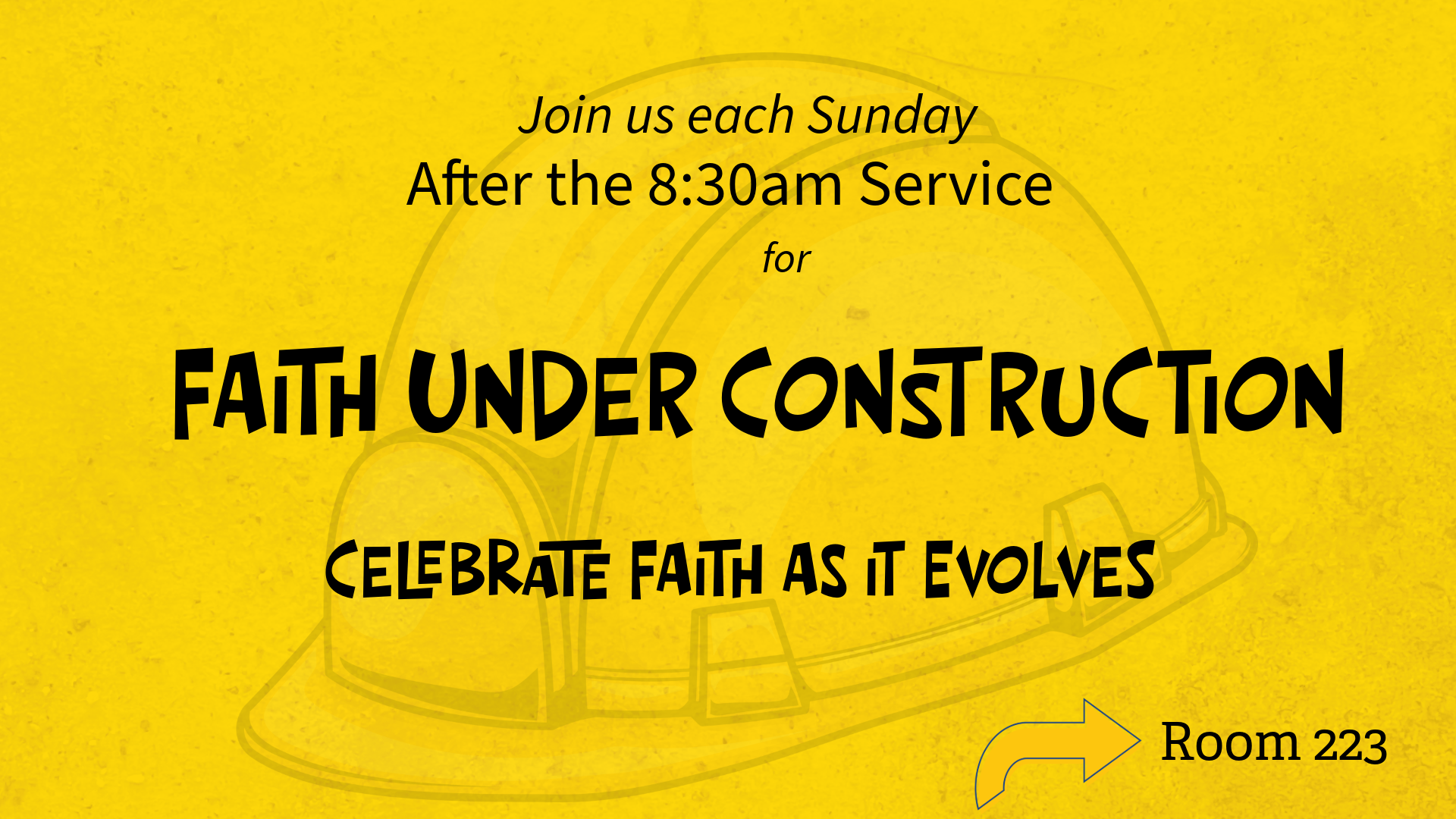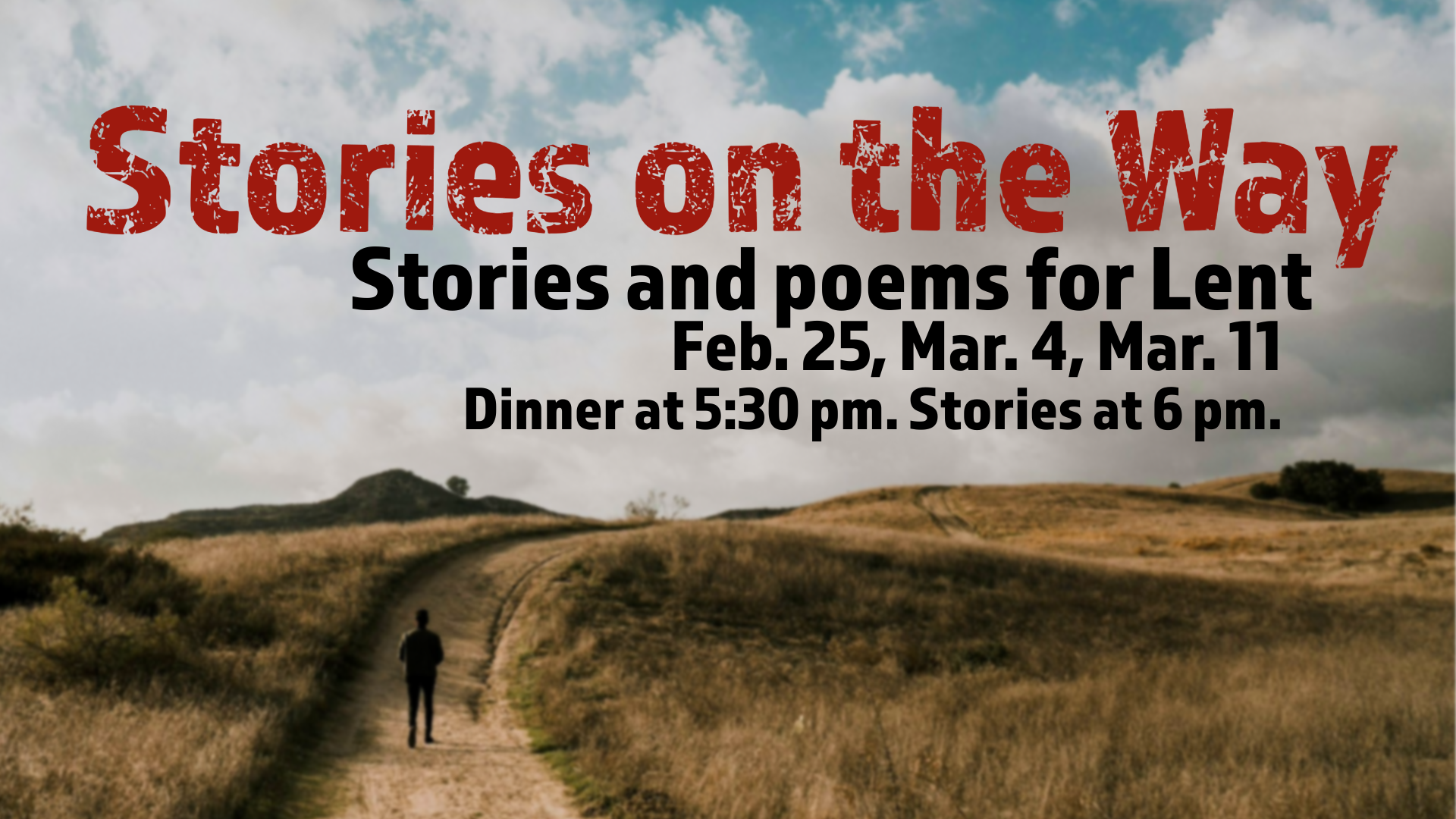Fully Human
"Fully Human"
Sermon by The Rev. Cindy Carter
March 16, 2025
During the first four centuries of the church, the nature and relationship of the divine and the human in Jesus were hotly contested.
But about 450 years after Jesus, the Council of Chalcedon firmly expressed the orthodox doctrine of the Incarnation, recognizing Jesus as “truly God and truly man…in two natures, without confusion, without change, without division, without separation.” (If you haven’t read about the conclusions of the Council of Chalcedon recently you can check it out on page 864 of The Book of Common Prayer, but maybe wait until after the sermon.)
The incarnation, the “enfleshment,” Jesus as fully human and fully divine, the Son of God in the flesh. And the Word became flesh and lived among us. (John 1:14).
If one can have a favorite church doctrine, this is mine. I love the doctrine of the incarnation and hold it as one the dearest parts of our faith.
BUT…even though I do love this doctrine and what it tries to capture, I’m not saying that my understanding of it is perfect and without any questions.
Now I don’t know about you, but most of the time I feel pretty comfortable with the God Jesus, but much of the time I have a harder time with the human Jesus.
Jesus was 100 percent God and 100 percent human. It is a miracle that is impossible for us to understand completely, of course; but I believe we do have to deal with both of those aspects of this human being who was the incarnate God, the enfleshed.
Today’s reading from Luke’s Gospel is a place where I think we can see the human Jesus very clearly.
The reading occurs in what is many times called Luke’s “journey narrative.” That narrative begins after the Transfiguration in Luke, Chapter 9, with the words “he (that is Jesus) set his face to go to Jerusalem” and ends with his triumphal entry into Jerusalem, described in Luke, Chapter 19.
In Luke’s writing, it takes Jesus long time to get to Jerusalem, and a lot goes on as he is on the way.
Today’s reading gives us two glimpses of Jesus’ humanity, Jesus’ human vulnerability.
First some Pharisees come to Jesus and tell him that Herod Antipas, the ruler of Galilee on behalf of the Roman Empire, wants to kill him. This Roman puppet was someone Jesus and other Jews would have considered little more than a collaborator with the Roman occupiers, but a very dangerous puppet and collaborator. He was the man who had ordered the beheading of John the Baptizer.
Now usually the Pharisees were not portrayed as friends of Jesus, and we aren’t sure whether these men described in the reading were genuine in their warning or simply trying to manipulate Jesus and distract him from what he was really trying to do. But whatever their motivation, Jesus surely knew that Herod was a dangerous man.
We hear Jesus dismiss Herod’s threat of death, knowing that he still has work to do, so much work to do. Healing, teaching, forgiving, opposing evil.
But, Jesus the one who was 100 percent man, would suffer pain and would die a physical death. Going to Jerusalem, going to face arrest by Roman soldiers in a garden, going to die a humiliating death on a Roman cross. And, I don’t think the fact that we 21st century Christians know the end of the story, an empty tomb and resurrection, should cause us to minimize the pain of that physical death.
I often wonder if church attendance is so much higher on Easter morning than it is on Good Friday is because of our inability or our unwillingness to see the human side of Jesus. Sure there are some tense and disturbing moments during Holy Week, but we know that it’s all going to be okay come Easter.
No, Jesus was faced with the ultimate human vulnerability. The vulnerability of our human mortality, of death.
A second glimpse of Jesus human side is shown in today’s reading as Jesus travelled Jesus. He wept, he lamented, he grieved for the city and its inhabitants that he had sought to gather to himself, like a mama hen gathering her chicks under her wings. It hurt.
But the city and its inhabitants would reject him and would continue to reject him as hung on a cross, perhaps most soundly as he hung on a cross. The vulnerability of risking and then experiencing failures and disappointments, of loving and then having that love rejected, of working and working and yet not achieving all we might want.
And this is what incarnation is all about. To give up the invulnerability of God for the vulnerability of being human.
To take on every single human emotion and feeling – from joy to lament to pain to dying. To know every human situation from temptation to death. To live with an open heart, so open that unconditional, fierce, protective love – the courage to risk rejection - could be shared with everyone. And, to do it all for us.
That kind of courage, that willingness to risk, and that kind of openness and authenticity is what Jesus calls us to - each of us and all of us together as the church.
To be courageous when others seek to oppose us or to distract us from the work God has given us to do, to love even when rejection is possible, and to do it for others with open hearts and minds. To be fully human.
In the words of storyteller, researcher, and Episcopalian Brene Brown –
To become fully human means learning to turn my gratitude for being alive into some concrete common good. It means growing gentler toward human weakness. It means practicing forgiveness of my and everyone else's hourly failures to live up to divine standards. It means learning to forget myself on a regular basis in order to attend to the other selves in my vicinity. It means living so that "I'm only human" does not become an excuse for anything. It means receiving the human condition as blessing and not curse, in all its achingly frail and redemptive reality.
Or in the more ancient voice of Irenaeus, a Bishop of the early church.
The glory of God is a human person fully alive.
During this Lenten season, let us travel with Jesus as he approaches Jerusalem, the cross, and death. Let us take some time to sit with the human Jesus, with a side of Jesus that we may not understand or with which we may not be comfortable. And, may we hear his call to be fully alive, fully human as he was fully human.
AMEN.
More Announcements
